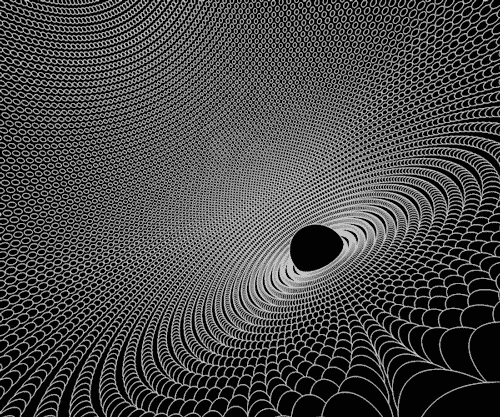
There is something about how our eyes and hands work in concert. Picture yourself at the pottery wheel, sculpting each detail with intense concentration. Everything that matters is happening in the foreground, at your fingertips, and is completely within your immediate field of vision. Your cell phone goes on or the doorbell rings, and this tightest of control loops is disrupted while the background surges into the foreground. Thankfully you notice that a pot on the stove is boiling over, or realize that your hand has been cut and unattendedly bleeds.
While the words "narrowness" and "focus" mean essentially the same thing, the former has a negative connotation while the latter has a positive one. An athlete who reaches the Olympics, for instance, is not "narrow" but focused. But focus isn't always a good thing.
I was once advised by my teacher Nicholas Negroponte to become a light bulb instead of a laser beam, at an age and time in my career when I was all focus. His point was that you can either brighten a single point with laser precision, or else use the same light to illuminate everything around you. Striving for excellence usually entails the sacrifice of everything in the background for the sake of attending to the all-important foreground. I took Negroponte's challenge as a greater goal of finding the meaning of everything around, instead of just what I directly faced.